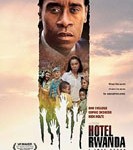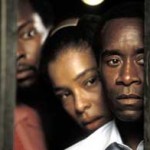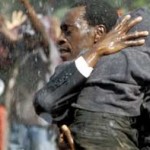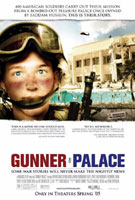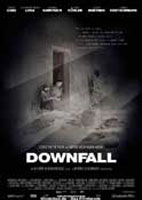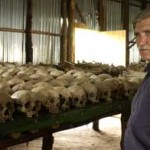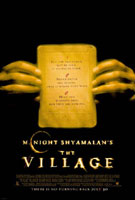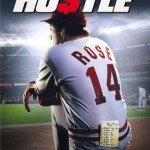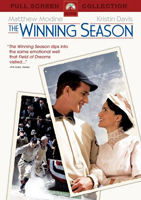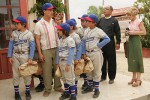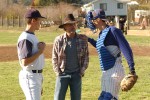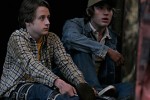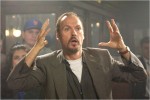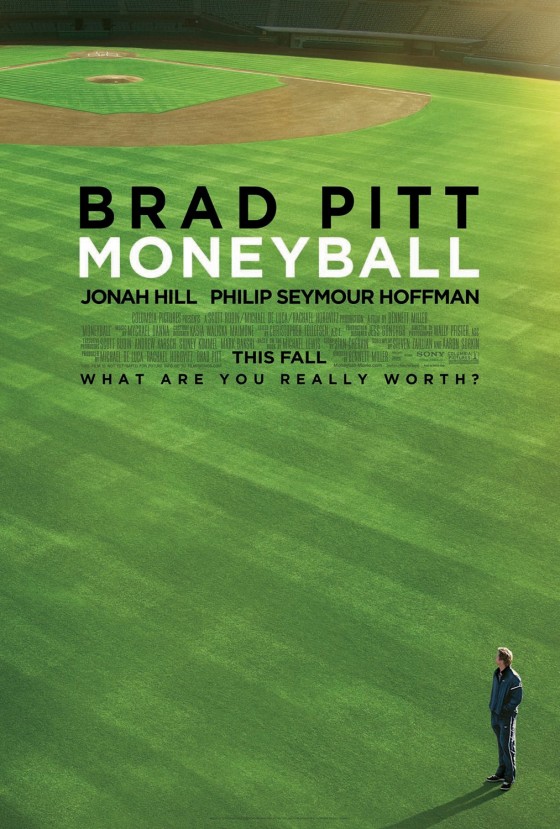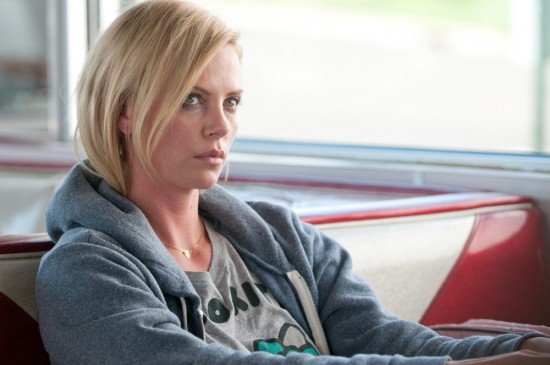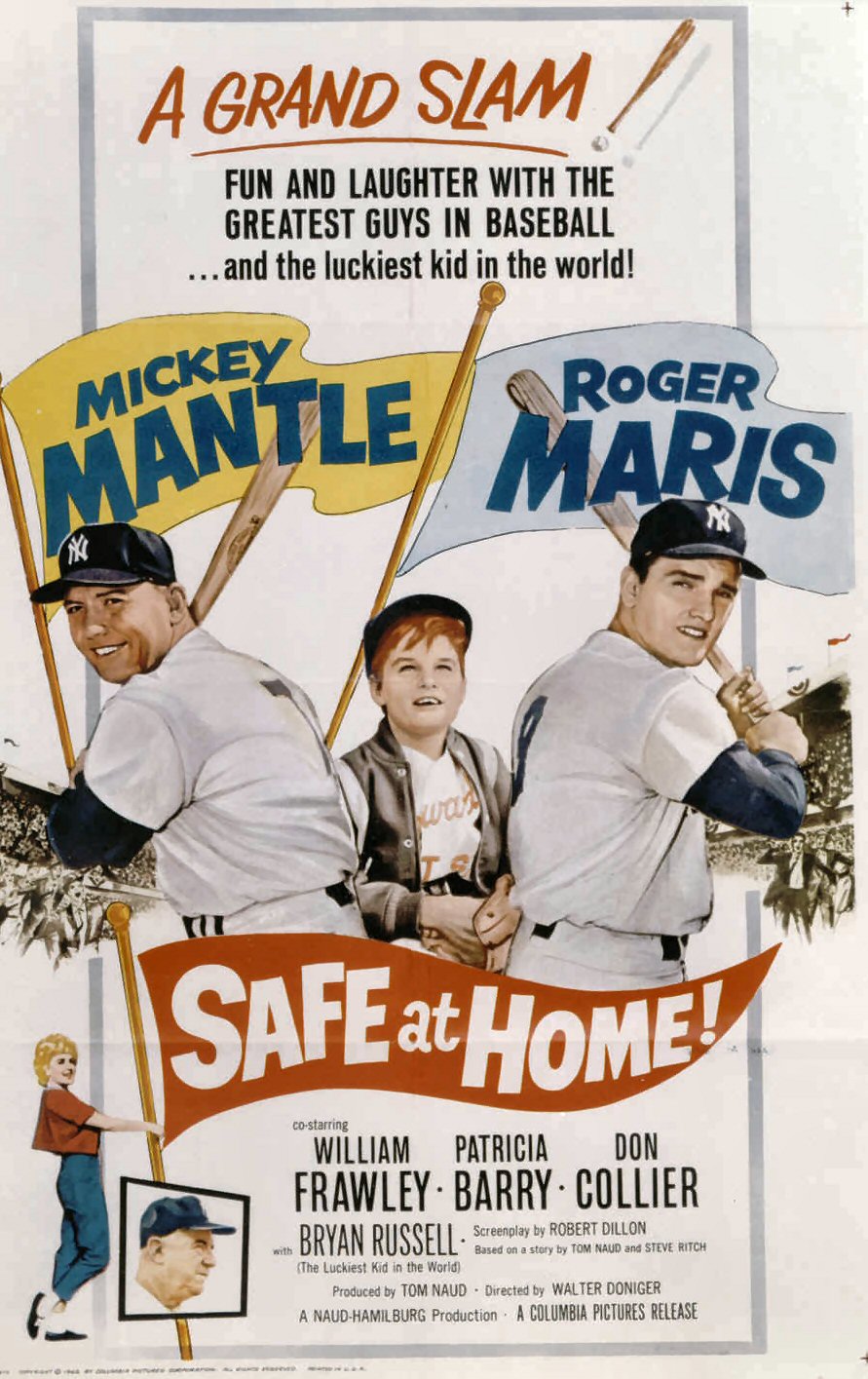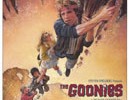Sad but true fact: more people probably followed the rise and fall of Britney Spears than they did mass genocide in Rwanda in 1994. Nearly one million people died when Hutu rebels tried to wipe out the country’s entire race of Tutsi. Terry George’s Hotel Rwanda tells a bad modern-day version of Schindler’s List as though it were a bad movie-of-the-week.
Hotel keeper Paul Rusesabagina (Don Cheadle) is a well respected member of his community and a shrewd businessman who’s always looking to make a deal. When the battles break out, his hotel becomes a refuge for more than 1,200 Tutsi people. By tracing the noble deeds of one man, Hotel Rwanda still fails to explore what happened in Rwanda with any depth.
The best scenes are the ones that show the chaos of what was happening in Rwanda, the slaughters, the shooting and screaming in the streets. Although they’re not the most comforting of scenes, they are the ones that have the most voice. Unfortunately scenes such as these are too few.
Instead George, who also co-wrote the screenplay, opts for scenarios that have some of the most blatant commentary this side of Alberta Premier Ralph Klein debating same-sex marriage. I don’t mind a good metaphor but they hurt when they slap you in the face like they do in Hotel Rwanda. For instance, early in the film Joaquin Phoenix, who makes a brief appearance as an American news cameraman, sees two pretty ladies sitting at a bar. They also happen to be good friends. Phoenix asks the first girl whether she’s Hutu or Tutsi. She’s Hutu. It turns out the other girl is a Tutsi. See, people can get along just fine so let’s all hop on the bus and head to Sesame Street.
Almost a million people dead is clearly something bad. The fact that much of the Western world turned a blind eye to it makes it even worse. So why go to great and corny lengths to emphasize the most obvious of facts? Why not focus more attention on the surrounding events, such as the world’s ignorance or even why the Tutsis and Hutus were fighting? Both of these points are briefly touched upon but not with the depth that the simple badness of the event was repeated over and over again.
Ultimately, Hotel Rwanda plays out like a made-for-TV movie. It’s polite and inoffensive to the point where it is offensive. Little stands out as being particularly horrible about the film – the acting is good all around except for Nick Nolte playing a French Canadian UN peace keeper without any attempt at an accent other than his trademark grunting, the script works when it’s not overtly preaching, and the story naturally unfolds.
But on the same token of nothing being particularly bad, there’s nothing that stands out either. The camera shows no imagination or life, it simply sits there. George challenges nothing. He uses words to paint a picture that could have been much more effective if the camera were let loose more. It’s small bits such as the two-girls-in-a-bar scene that stops the film from coming to life. George puts more importance on the words of the script rather than showing them. If he were writing an op-end piece for a newspaper, that’d be dandy. But this is film and the medium has certain demands, the main one being it’s visual. If it was George’s intention to give a voice to the Rwandan crisis, he’s failed as there’s no reason to remember Hotel Rwanda either. It’s disposable cinema, good intentions or not.
Hotel Rwanda Gallery
Hotel Rwanda Trailer
